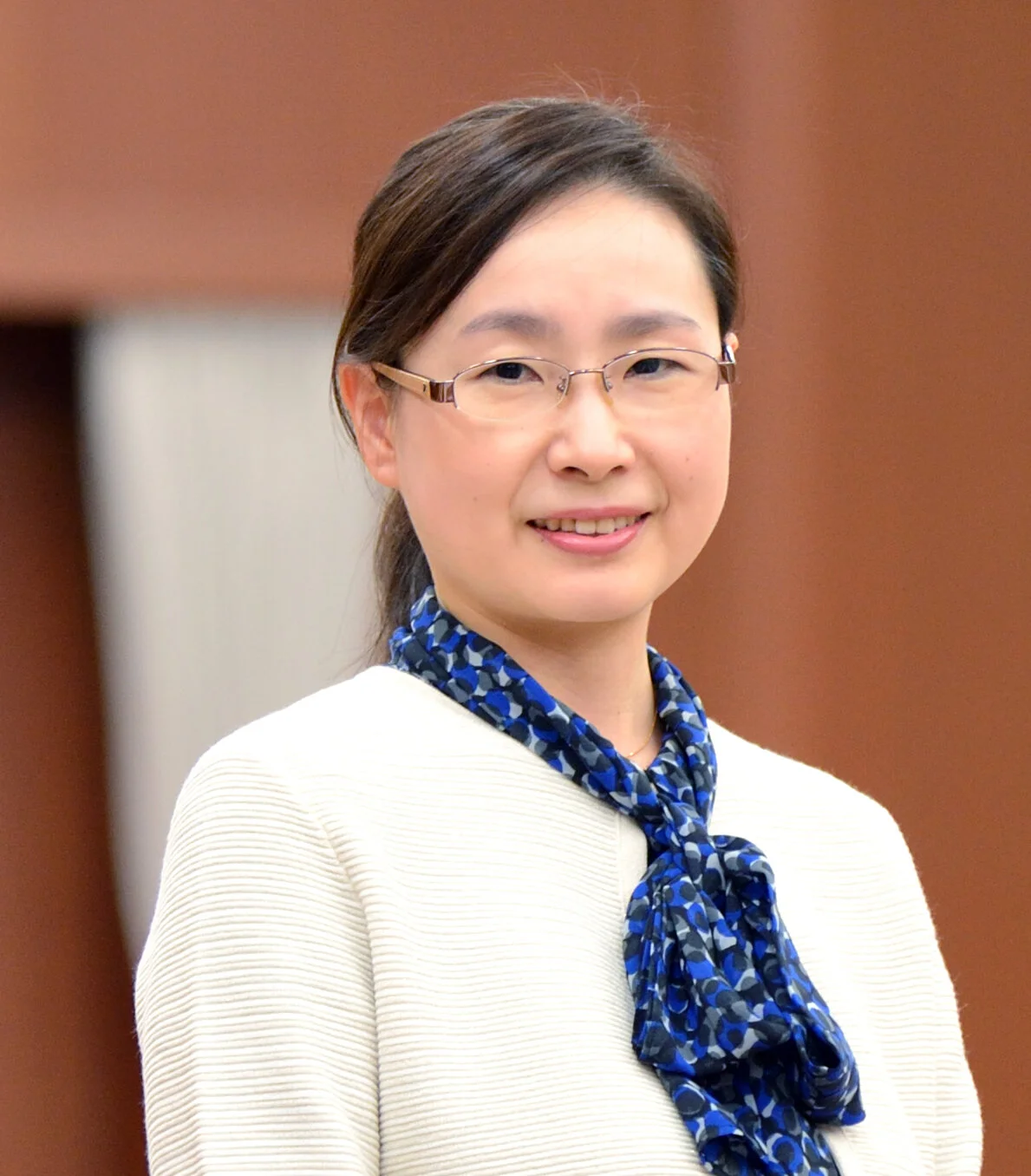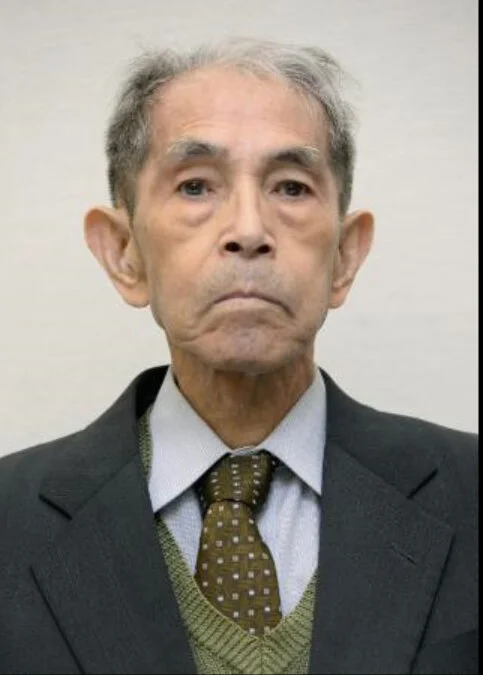Japanese professor follows mentor's footsteps as ANU Law visiting fellow
Professor Miho Aoi joins ANU College of Law as a visiting fellow from Gakushuin University, Tokyo. Her research will focus on human rights protection and constitutional design.
The Australian National University (ANU) has held a special place in Professor Miho Aoi’s heart for many years. It was, after all, the university where her late mentor, Professor Yasuhiro Okudaira, was a visiting fellow nearly 50 years ago.
Now, Professor Aoi is honouring the eminent Japanese constitutional law scholar's legacy by beginning her own fellowship at the ANU College of Law, where she hopes to learn about perspectives and practice of the Human Rights Act 2004 (ACT).
“It is my great pleasure to join the ANU College of Law,” she says.
“It was not the anticipated start of my sabbatical year, but I am very excited to be here in Canberra. I am sure my time at ANU will be wonderful in spite of some challenges regarding COVID-19.”
Professor Aoi has taught Japanese constitutional law for more than 15 years. Based at Gakushuin University in Tokyo, she is currently working on two major research projects.
The first project, and primary focus of her fellowship, involves researching the meaning of statutory and constitutional rights and their application to human rights.
Although Japan has a constitution and a bill of rights, Professor Aoi noted these rights are seen more as “ideals” than practical tools in legal circles.
“It can be said that referring to constitutional rights may sound ‘amateur’ to professional lawyers (in Japan),” she explains.
““I believe better understanding human rights protection in Australia can help me rethink the nature and reason for constitutional rights more broadly.””
Learning from the Australian experience
Australia is the only democratic country in the world without a bill of rights or similar protections at a Commonwealth level.
While the ACT and Victoria each have legislation designed to protect and promote human rights, such charters have been praised as the “Commonwealth model” by Professor Stephen Gardbaum (UCLA School of Law) and critiqued as the “weak model” by Professor Mark Tushnet (Harvard Law School).
These differing assessments add to the intrigue for Professor Aoi.
“I am very curious about the Australian experience. The ACT's Human Rights Act has held particular interest for me for some time,” she says.
“I believe better understanding human rights protection in Australia can help me rethink the nature and reason for constitutional rights more broadly.”
Her research comes at a time of transition for Japan’s constitution.
Its influence by the US model, characterised by a “strong commitment to rights-protecting by the judiciary”, has been diminishing in favour of increasing jurisprudence in the style of the Germany’s Federal Constitutional Court, according to Professor Aoi.
“This is also a strong rights-protecting model, though it is more prone to use the practical reasoning as is clear in its use of the proportionality analysis,” she says.
Her other research project centres on Article 9 of Japan’s constitution, which renounces war and limits “war power” – a timely subject as nations adopt war footing to combat COVID-19.
Professor Aoi describes Professor Yasuhiro Okudaira, a visiting fellow at ANU in the early 1970s, as her 'mentor and role model'. Image: @livedoornews (Twitter)
“COVID19 particularly interests me in regard to the government’s handling of it in time of turmoil. COVID19 has sometimes been described as a ‘war,’” she says.
Scholarly connection to ANU
A former maths and linguistics student, Professor Aoi credits Professor Okudaira for sparking her interest in Japanese constitutional law.
“He led me through to the academic world. I took his constitutional law class at the undergraduate level. It was so interesting,” she recalls.
“He was a brilliant public speaker, law professor and very respected person, not only among the academics but also among the general public. He was my mentor and my role model.”
Professor Okudaira’s association with ANU was built upon his friendship with Professor David Sissons, a historian and political scientist, and Professor Geoffrey Sawer, a constitutional law scholar and founding academic of ANU.





